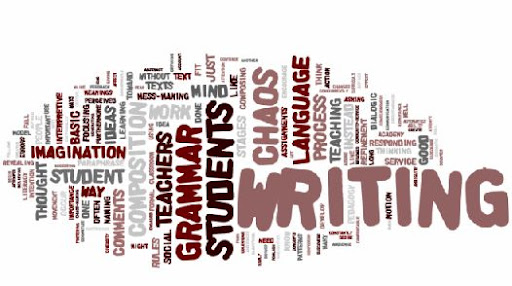Orwell’s “1984”-Response 1 of 4
Independent Reading #2
Reader’s Response #1
I had an amazing time reading the first section of my book. Orwell is a genius! His scope of comprehension, especially at that time, is amazing! For someone to be able to know so much and to think in depth, like he does, is just ridiculously cool. He is someone I would most likely enjoy meeting (I think). There are several statements in this book that is just total genius that I must quote them:
“Everything faded into mist. The past was erased, the erasure was forgotten, the lie became the truth.” (Pg. 64)
My response to this quote would be one of horrification. Think about the power that “Big Brother” and “The Party” must wield to be able to make something as preposterous and hideous as this to occur. I was always that you can’t change history, but you have the power to control your present and therefore, alter the future. But this, this is just ludicrous! Everything recorded “historically” is altered and re-altered and the piece that was altered was destroyed. Doesn’t that just defeat the purpose of “history.” We were meant to learn from our mistakes through history because that is our nature. How will these people ever learn if all they do is change the past to fit their needs in the present and to secure their future? No human being has the right to alter and change what has already happened. If “the lie became the truth,” I wouldn’t know how to live with myself. Granted, it would be harder to remember what was right and what was wrong because the past is erased and changed to something different so then I would have no stable hold to cling to.
If the lie became the truth and the truth became the lie, the world will be chaotic. No one has the right to turn the world upside down. The funny thing about altering the past is that when you do that, you end up not having a legitimate past to rely on so all you’re living for is the present and I guess that’s what Big Brother wants to achieve to secure his future.
“He seemed to be breaking up before one’s eyes, like a mountain crumbling.”
Winston is describing how Rutherford looked like when he saw him a couple years back at this café. What caught my attention was his simile. I could understand if he compared Rutherford’s crumbling to some other insignificant object like a rock, or a building, but the mountain? Now why would Orwell make Winston compare Rutherford to a crumbling mountain? This is because Rutherford was considered a very strong, unyielding, immobile, and stubborn person. He was a source of undiscovered hope for this people and he too crumpled under the tyranny of Big Brother. He crumbled like a mountain. For a mountain to crumble and fall apart, it takes much effort, determination, erosion and persistence. It’s obvious that even hope can cease to exist in extreme cases; especially when the people who need the hope don’t recognize their need for change- their need for hope.
“The heresy of heresies was common sense.”
Because thoughtcrime was inadmissible, a lot of thoughts have been prohibited to the public. To think that even your thoughts were not your own, is a scary thing to behold to someone like me, who relishes imagination and logic. If even common sense (something my parents try to teach me) is not allowed, then what other thoughts can I own?
“If both the past and the external world exist only in the mind, and if the mind itself was controllable, what then?”
Exactly Winston! What then? Oh, what shall we do?
Then, whoever is the controller of that mind, controls how the controlled person perceives the past and the external world. Meaning, if the controller controlled all the minds of the people under his influence, then he controls the past and the external world (for those set of people). Power is scary.
What I thought to be quite interesting was how Huxley’s Brave New World is the total opposite of Orwell’s 1984. While Huxley’s setting in the book is clean, antiseptic and perfectly ordered, Orwell’s setting in his book is dingy, unclean to the point of disease infestation, sickly, dire and other unimaginable horror; even if there is some sense of control. A perfect-scary clean, brainwashed world vs. a chaotic-perfect-scary, dirty controlled hell. Science fiction- you’ve got to love it.





